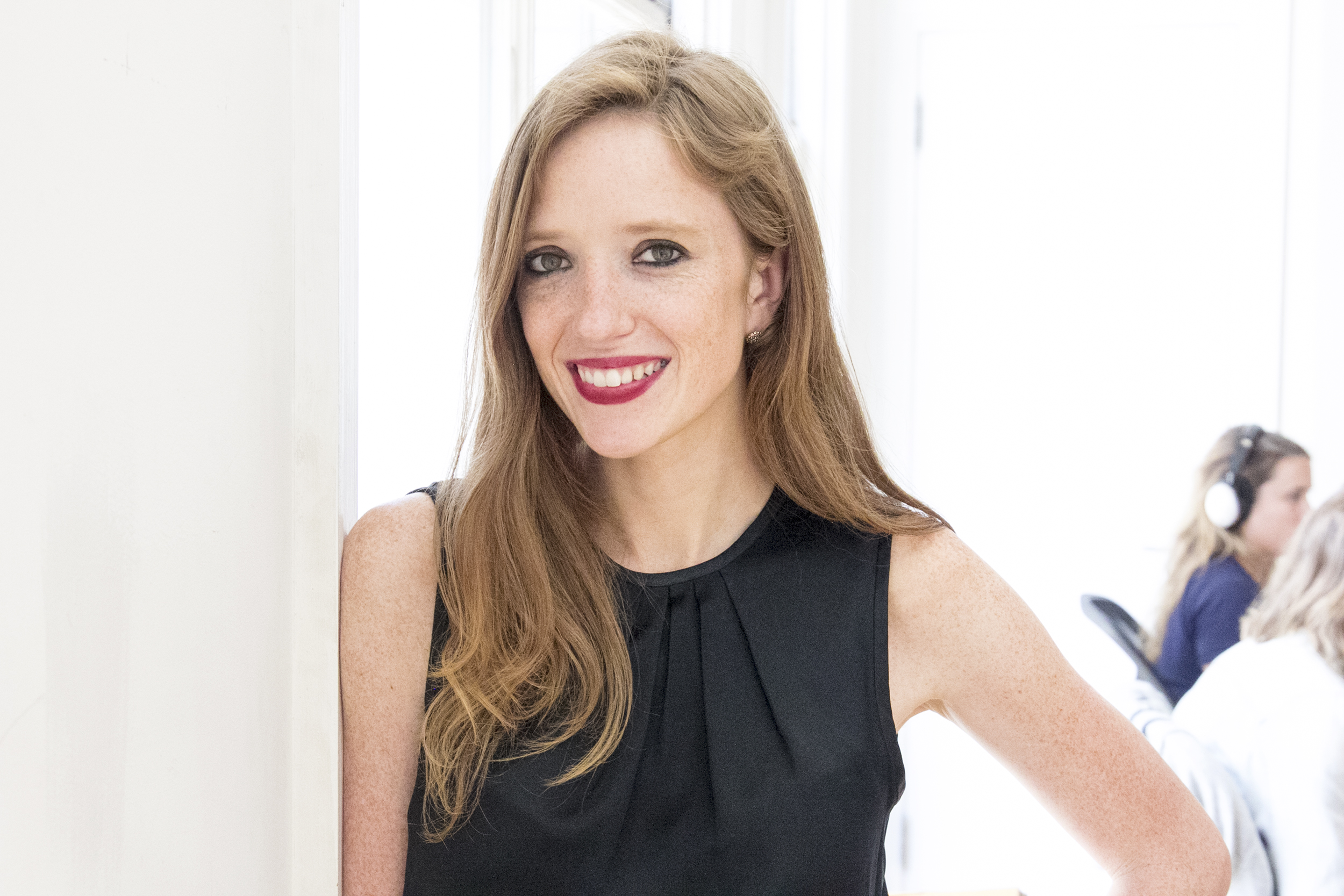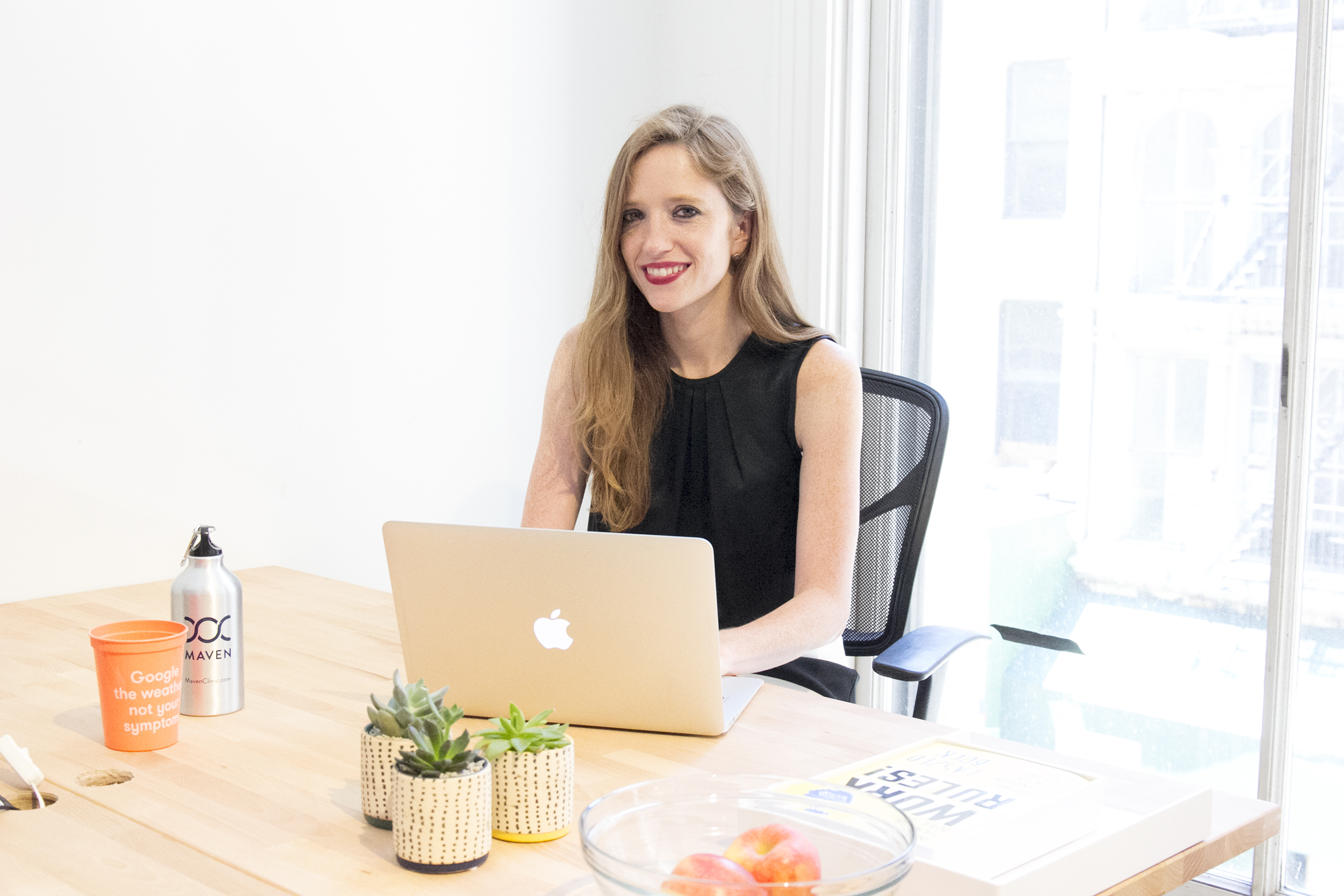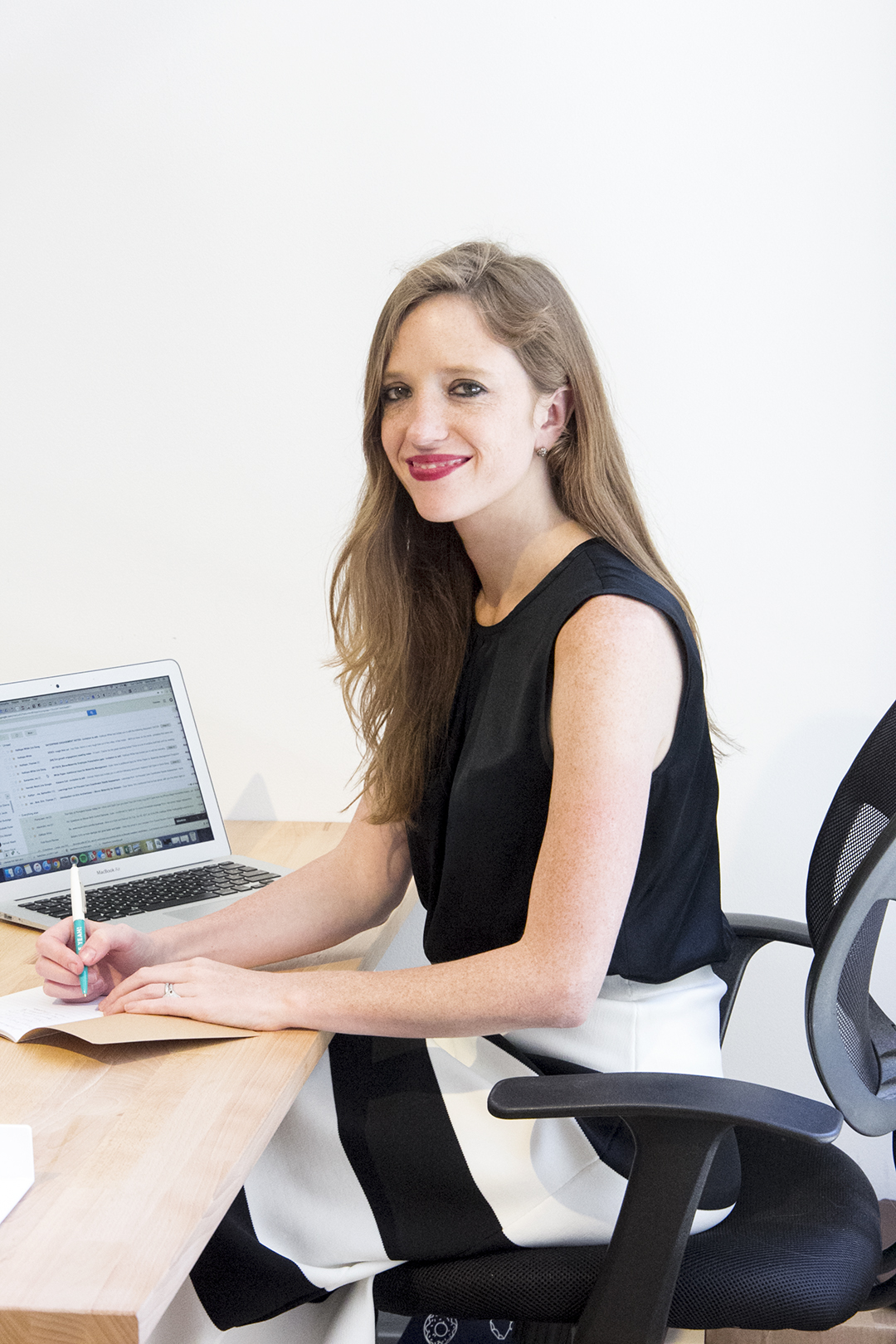It’s hard to think of an industry that hasn’t been penetrated by this new wave of disruptive female-founders. These women are throwing out the rule book; they’re penetrating industries typically dominated by men, and they’re doing it with businesses that advocate for the interests of the women they serve.
Quick fact for you: at last count, just 4% of health care CEOs are women, yet women account for nearly 80% of all health care spending in the US. Shocking, no, but it’s troubling, right? That’s where Katherine Ryder comes in. She’s the founder and CEO of Maven, an app that, if you’re a woman, is probably the most important one you could download.
The app connects you with expert healthcare providers via videoconference. No long delays for appointments. No self-diagnosis via Google (we’ve all done it). Need new birth control? Get on the app, have a 10-minute video appointment or phone call with a practitioner, and end it with an affordable prescription. They also offer support for big life moments like when you become a mom along with a slew of therapists, nutritionists and doulas too.
Ryder started the company while working as a VC – shortly before becoming a mother herself. Her experiences, along with those of other women in her circle, convinced her that there was a huge and underserved need.
Here she talks about how she took Maven from idea to fully-fledged business and how approaching healthcare as an ‘outsider’ became her biggest asset.
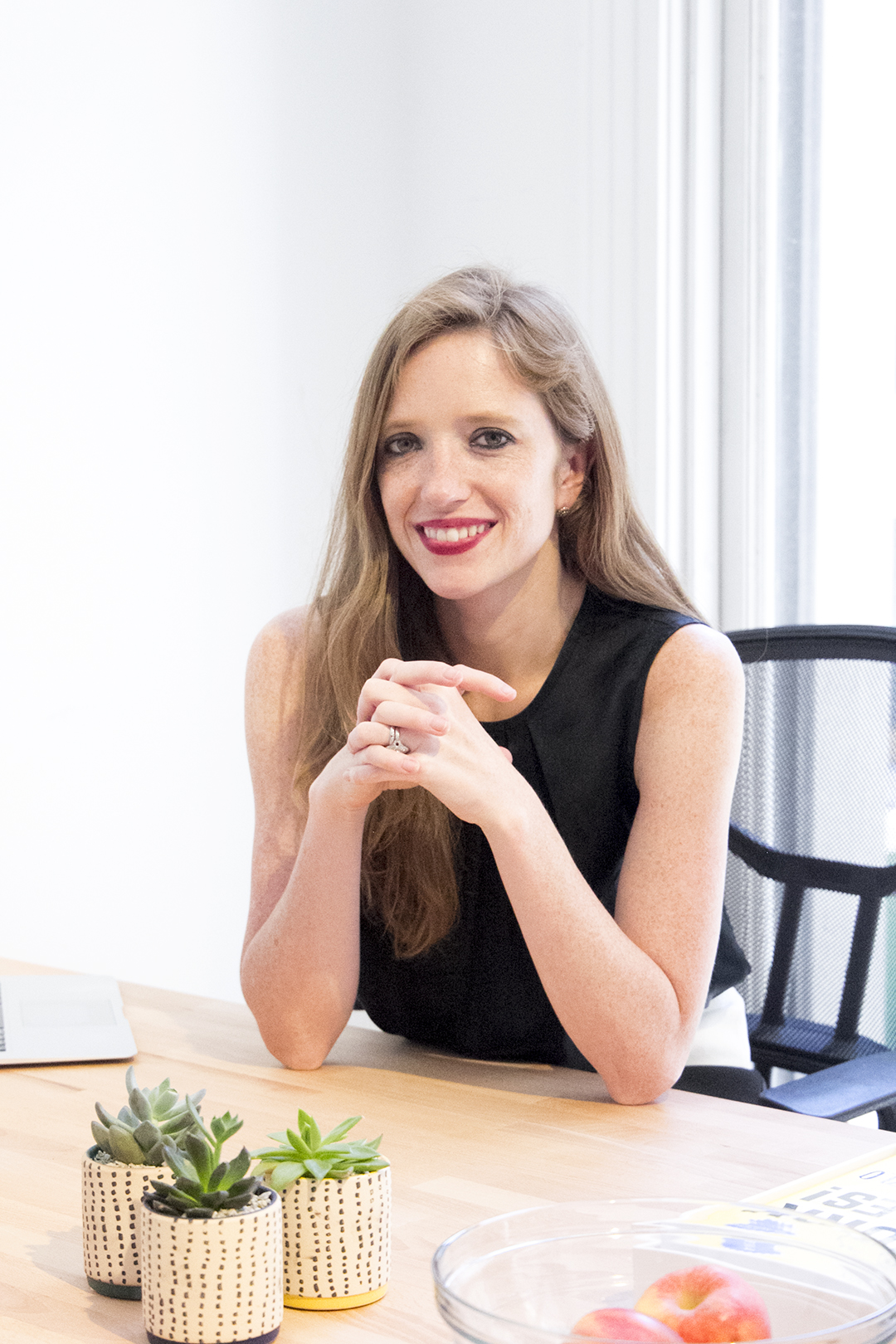 ON STARTING HER CAREER AS A JOURNALIST
ON STARTING HER CAREER AS A JOURNALIST
I did everything from reading fiction submissions at the Paris Review, copyediting at the New Yorker, to helping Hank Paulson write his memoirs about the financial crisis. I got that job because I was trying to get hired at the Wall Street Journal, but the editor recommended me to Hank’s writer instead. Hank was raring to get started, and his writer was like, “If you can read this book on J.P. Morgan’s takeover of Bear Stearns in a day, then you have the job.” I was like, “Okay, I’ll go buy some Red Bull!” I eventually became a full-fledged reporter and wrote for the Economist, Fortune, and the Wall Street Journal.
HER FIRST ATTEMPT AT ENTREPRENEURSHIP
A few friends and I spent a few months trying to start an online Chinese travel business similar to Jetsetter’s model but geared towards group travel. I still think it’s a good idea – and we even started signing up Southeast Asian hotels on a PowerPoint deck – but ultimately no one wanted to live in Asia forever and we realized that to build it the right way, it would take a significant amount of time. I think the biggest questions when starting a business are always – are you ready to commit the next ten years of your life to this? Do you care enough about the problem that you’ll stick around throughout all the ups and downs of entrepreneurship? Do you have the right partners and set-up to be successful? I loved the two guys I was working with, but I was based in Singapore and they were in Hong Kong. That was a problem!
ON WALKING AWAY FROM HER EDITORIAL CAREER
The way in which audiences consume content has significantly changed over the last ten years, so whereas I love storytelling and discovering important, untold stories, it was increasingly clear to me that I couldn’t tell the story in the way I wanted anymore – which was to be able to write long-form articles and essays and really get deep into the details.
After trying to start the Chinese travel business off the back of one of my articles, I realized how natural entrepreneurship felt (my Dad is an entrepreneur as well – so maybe this shouldn’t have been so surprising), and how there are a lot of similarities between finding and crafting untold stories in journalism and finding large opportunities in business and crafting a product to fill those needs for customers. I also realized I needed a bridge to entrepreneurship – which led me to get a job in venture capital, build an amazing network of entrepreneurs I could learn from, and, of course, learn the process of raising money.
HOW MAVEN WAS BORN
When you look at enough digital health businesses, you realize quickly that the healthcare consumer is predominantly female. And there were so few products I saw that were built for the female customer, who have a lot of different health needs than men. Plus, as a woman with a lot of friends who started having kids while I was working in venture capital, I saw first-hand the gaps in coverage in women’s healthcare when it comes to starting a family.
Not to name any names, but I think if you look at any pregnancy or parenting site, you’ll see that it feels stuck in the ‘50s. Lots of stock photography and generic content, some of which is filled with anxiety-inducing and unsourced information. But what’s also very noticeable about them is that they have rich communities of women searching for answers and support – and often times not getting what they need.
On Maven’s marketplace, any individual can book an instant appointment with a practitioner in our highly-curated network – and get a prescription, support, or just peace of mind. We have OB/GYNs for birth control and therapists for depression. And specifically for pregnancy and postpartum, we have an outcomes-based program called Maven Maternity that large companies buy for their new moms. Our weekly maternity content and communities are, in my unbiased opinion, more useful, practical, and reflect what new moms want/need – and they also get unlimited access to our network of over 1,000 of the best women’s and family health providers available instantly to help address these gaps in care and offer support 24/7.
ON WHAT MAKES MAVEN SPECIAL
For individuals, we’re a digital clinic, meaning you can book with any number of providers and chat with them via video or text about what you need. Our OB/GYNs and nurse practitioners answer embarrassing questions and write prescriptions for birth control, UTI medication, etc. Our therapists and coaches specialize in women’s mental health issues and you can talk to them on your terms, privately, from the comfort of your own couch. Our nutritionists and physical therapists are available for nutrition and exercise support (not to mention pelvic floor rehabilitation after childbirth)! Our pregnancy and infant care experts like paediatricians, lactation consultants and doulas give you specialized care and help you as you grow your family.
For HR executives, we offer an outcomes-based maternity benefit so companies can better retain women and reduce their maternity-related costs. We always hear from our clients that when they roll out Maven, they get great feedback from their employees about how this sends a positive message about supporting a family-friendly culture.
WHY YOU DON’T NEED TO BE AFRAID ABOUT GETTING PRESCRIPTIONS AND DIAGNOSIS ONLINE THROUGH MAVEN
We offer a promotion on our website – “first free” – which is aimed at every woman who wants to try a video appointment for the first time. To individuals, I always say, just try it! You’ll be pleasantly surprised. Our providers have a 4.9/5 star rating across tens of thousands of appointments, so I think what people realize is that they get to FaceTime with a friendly expert and have basic healthcare in their pocket at all times. That’s empowering!
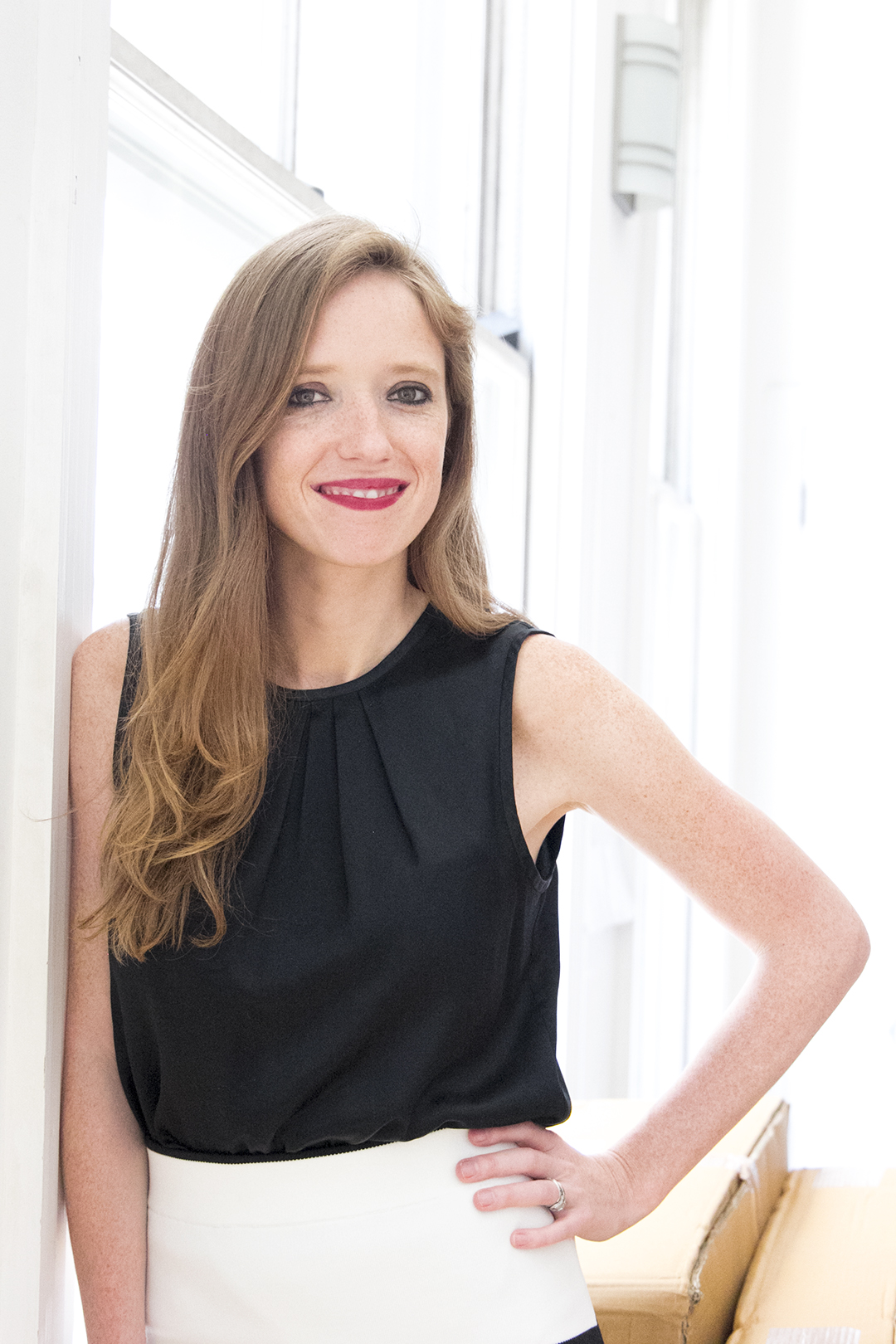 HOW MAVEN IS SETTING THE AGENDA FOR WORKING MOTHERS
HOW MAVEN IS SETTING THE AGENDA FOR WORKING MOTHERS
Maven Maternity is our corporate benefits program that focuses not just on providing more support for pregnant working moms, but also on helping women get back on their feet after having a baby and helping them through the transition back to work, which can be quite stressful. We also have programming for new dads, adoptive parents, surrogates, and tracks for infertility, egg freezing, and pregnancy loss. “Starting a family” means so many different things to people!
ON BUILDING THEIR FOLLOWING
We ran our marketplace for a year while we were building out Maven Maternity so we could really learn how to engage patients and deliver digital care. There is actually a lot of work that goes into making sure providers and patients meet each other over video on time, without any glitches, and have all the tools to deliver a great experience to both sides. It’s not just something you can build and launch in a few months if you want to do it well. So our earliest customers on our marketplace were a lot of local New York women in their 20s and 30s that heard about us through friends.
RAISING MONEY AND THE ENTREPRENEUR–INVESTOR RELATIONSHIP
We raised a friends and family round to get the business off the ground. We raised another small-ish round to nationalize the business and get our first corporate clients. And then we recently raised a Series A round to scale Maven Maternity and continue to innovate on product.
What makes a good entrepreneur–VC partnership? Open communication. At the end of the day, they’re your partners with hopefully great networks of their own, so whether it’s fundraising or sales, be open about what help you need to take the business to the next level.
THE WAYS APPROACHING HEALTHCARE AS AN ‘OUTSIDER’ GAVE HER AN EDGE
We’re all about the patients and the practitioners and the patient experience. I think by not knowing how complicated the road to reimbursement is up front allowed us the freedom to experiment with product and build a company culture that’s all about innovation and our users. Ultimately, this is what builds a successful business in any industry. And we now have people on our board, our advisory board, and team who are guiding us towards reimbursement.
ON WHAT WE CAN ALL TO DO TO BE MORE PROACTIVE ABOUT OUR HEALTH
I think it’s recognizing that with services like Maven, getting basic healthcare doesn’t have to be a burden anymore. Rather, you can constantly check-in to educate yourself and ask the right questions in order to prevent anything from happening. I also think having mental health check-ins – whether it’s talking to one of our therapists or a coach – is incredibly productive and liberating. It can get ahead of problems in your relationships or at work before they become more acute.
I think it is an art that is honed by years of experience. I am still young relative to other CEOs, so I don’t claim to be perfect at it. I also hope I’m saying that I’m a leader-in-training in 30 years, because I’ll be encountering and learning from new challenges that test my ability to lead.
ON STAVING OFF BURNOUT
I think I’ve walked to the line of burnout but luckily I’ve never crossed over it. I think that’s because I have friends and family who remind me to take time for myself. Now that I’m a mom, I actually think I’m more balanced, if you can believe it. I have 3-4 hours per day with my son in bursts in the morning and at night and rather than checking email, I’m playing blocks with him or we’re out walking around our neighborhood.
KEEPING FOCUSES ON THE BIG PICTURE STUFF
It’s hard! Lately what’s helping is airplane rides! I’ve been traveling a lot, so I try to read and think on airplanes and stay away from my inbox. Also having a few hours a day with my son where I’m 100% focused on him probably gives my mind a break from Maven and allows it to reset.
WHAT GROWTH MEANS NOW
Right now, we’re focused on scaling Maven Maternity and continuing to get the outcomes we want from it. No one has innovated in the maternity benefits space for so long – and about 1 out of 2 babies are born on corporate health plans in the US. So I think we have an incredible opportunity to really help women get the care they deserve and to help corporate America save money on healthcare costs and retain more women. Even if you don’t care about gender diversity (and let’s be honest, there are lots of companies that don’t care), there is an economic case not to lose talent for preventable reasons, as well as to have more gender diversity in management positions.

